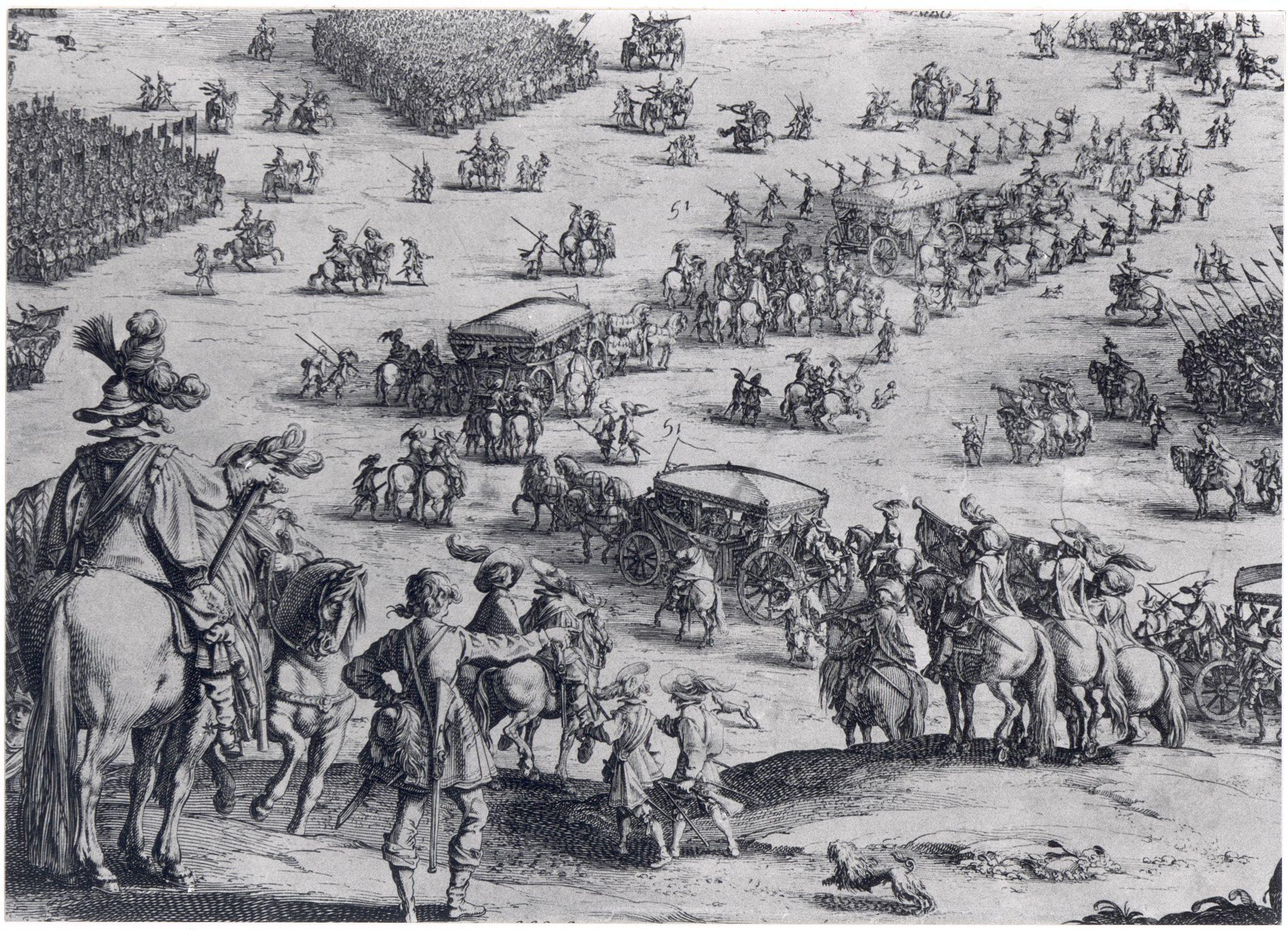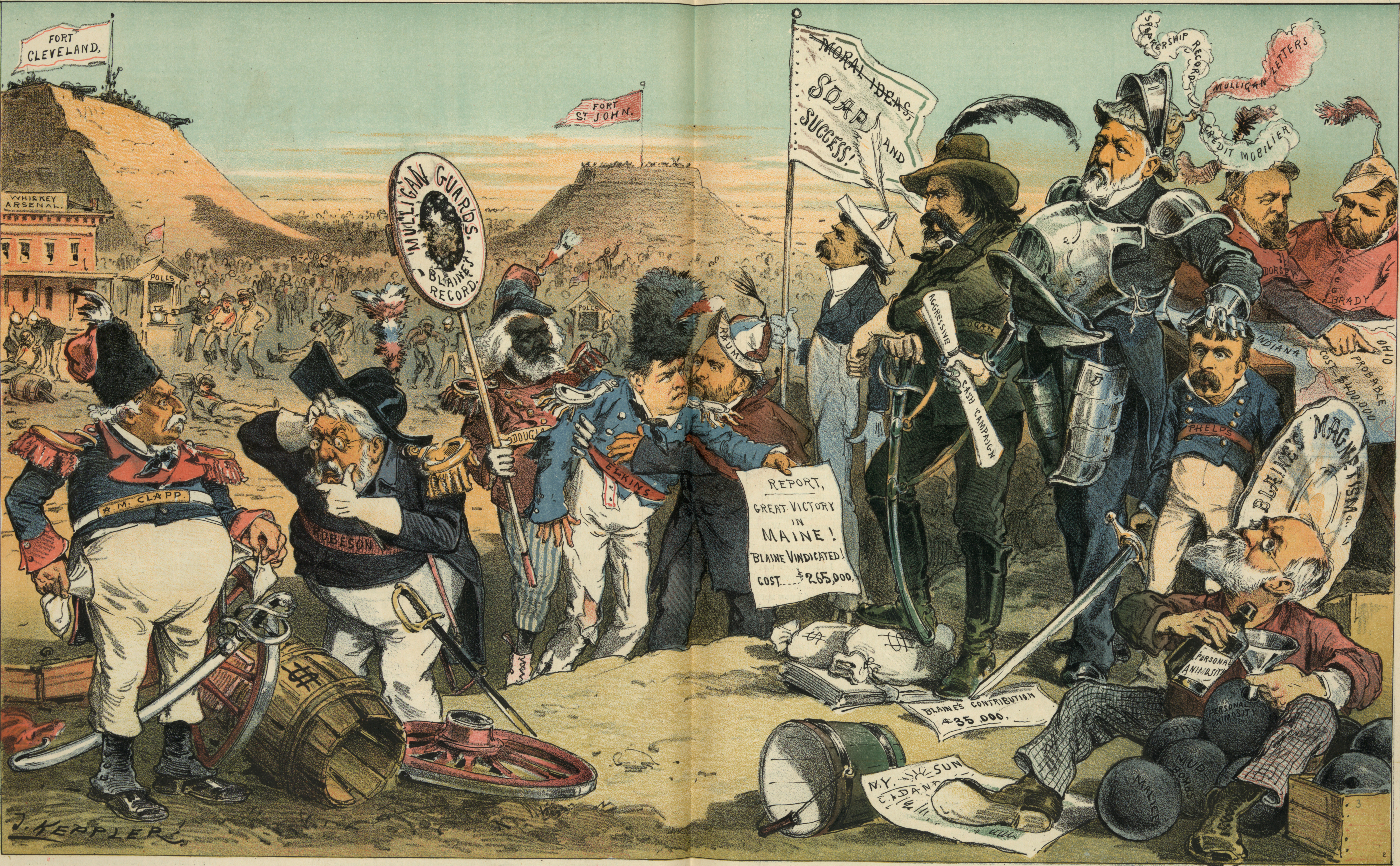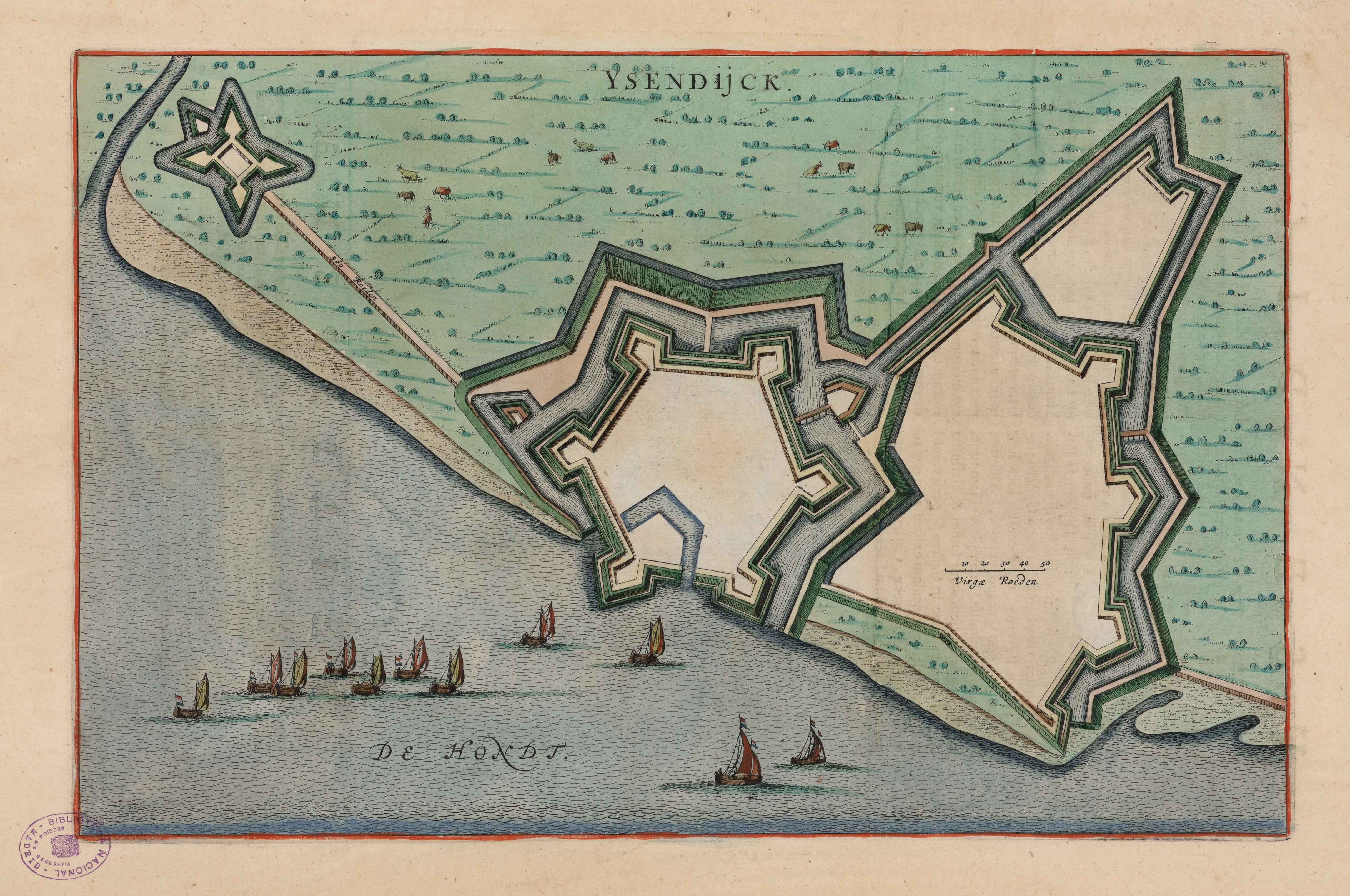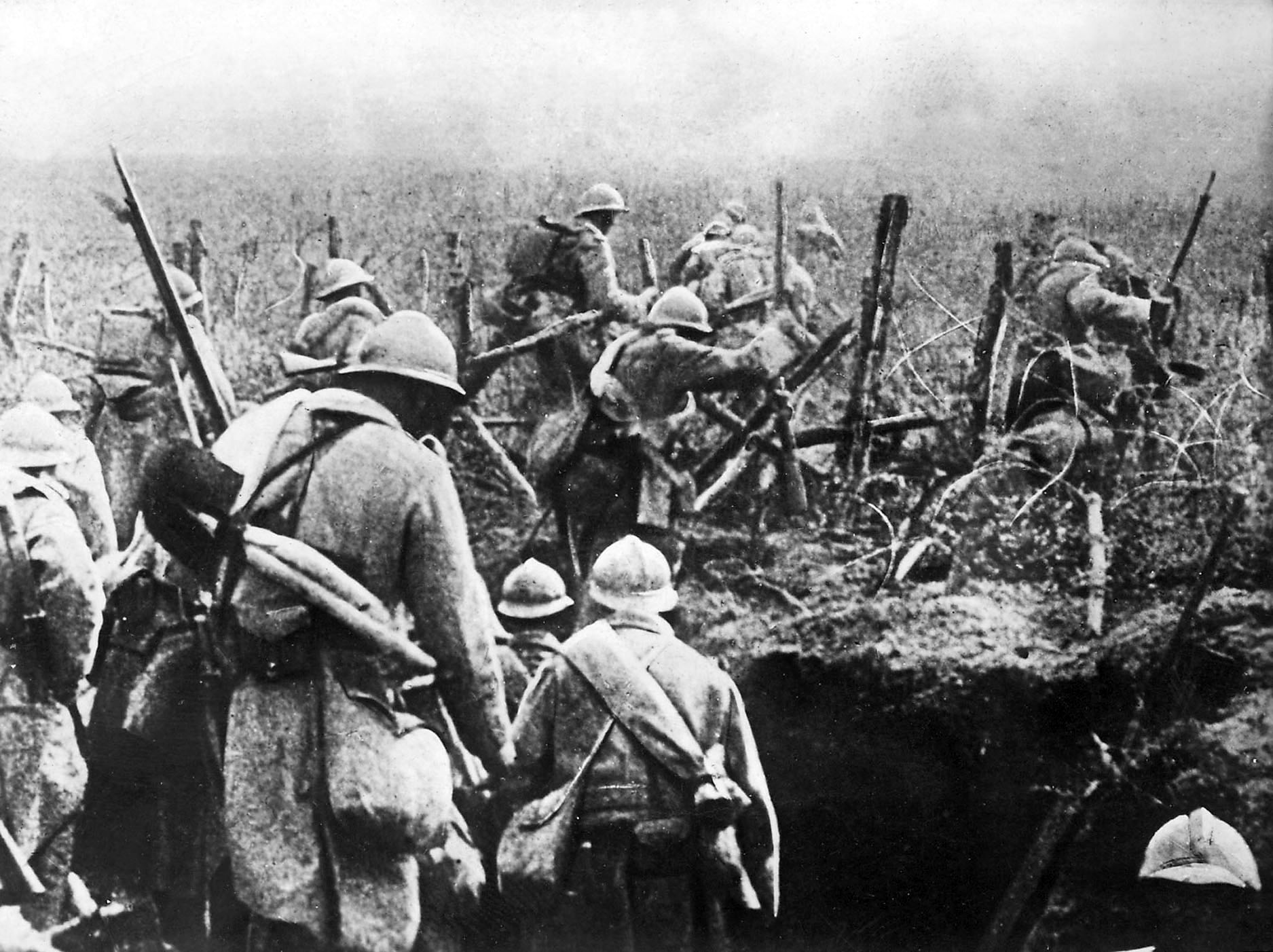|
Siege Of Ostend
The siege of Ostend was a three-year siege of the city of Ostend during the Eighty Years' War and the Anglo–Spanish War (1585), Anglo–Spanish War. A Spanish Empire, Spanish force under Archduke Albert (1559–1621), Archduke Albrecht besieged the fortress being held initially by a Dutch people, Dutch force which was reinforced by English people, English troops under Francis Vere, who became the town's governor. It was said "the Spanish assailed the unassailable; the Dutch defended the indefensible."Belleroche p 14 The commitment of both sides in the dispute over the only Dutch-ruled area in the province of Flanders made the campaign continue for longer than any other during the war. This resulted in one of the longest and bloodiest sieges in world history: more than 100,000 people were killed, wounded, or succumbed to disease during the siege. Ostend was resupplied via the sea and, as a result, held out for three years.van Nimwegen pp 171–73 A garrison did a tour of duty ... [...More Info...] [...Related Items...] OR: [Wikipedia] [Google] [Baidu] |
Eighty Years' War
The Eighty Years' War or Dutch Revolt (; 1566/1568–1648) was an armed conflict in the Habsburg Netherlands between disparate groups of rebels and the Spanish Empire, Spanish government. The Origins of the Eighty Years' War, causes of the war included the Reformation, Centralised state, centralisation, excessive taxation, and the rights and privileges of the Dutch nobility and cities. After Eighty Years' War, 1566–1572, the initial stages, Philip II of Spain, the sovereign of the Netherlands, deployed Army of Flanders, his armies and Eighty Years' War, 1572–1576, regained control over most of the rebel-held territories. However, Spanish Fury, widespread mutinies in the Spanish army caused a general uprising. Under the leadership of the exiled William the Silent, the Catholic and Protestant-dominated provinces sought to establish religious peace while jointly opposing the king's regime with the Pacification of Ghent, but the Eighty Years' War, 1576–1579, general rebelli ... [...More Info...] [...Related Items...] OR: [Wikipedia] [Google] [Baidu] |
Ambrosio Spinola, Marqués De Los Balbases
Ambrogio Spinola Doria, 1st Marquess of Los Balbases and 1st Duke of Sesto (1569 – 25 September 1630) was an Italian military leader and nobleman of the Republic of Genoa, who served as a Spanish general and won a number of important battles. He is often called "Ambrosio" by Spanish-speaking people and is considered one of the greatest military commanders of his time and in the history of the Spanish army. His military achievements earned him the title of ''Marquess of Los Balbases'' in the Spanish peerage, as well as the Order of the Golden Fleece and Order of Santiago. Early life Ambrogio Spinola was born in Genoa, the eldest son of Filippo Spinola, Marquis of Sexten and Venafro, and his wife Polissena Grimaldi, daughter of Nicolò prince of Salerno. The family of Spinola was of great antiquity, wealth and power in Genoa. Don Ambrogio's sister Donna Lelia was married to Don Giulio Cesare Squarciafico, 2nd Marquess of Galatone, from whom descend the Princes of Belmonte. In ... [...More Info...] [...Related Items...] OR: [Wikipedia] [Google] [Baidu] |
Twelve Years' Truce
The Twelve Years' Truce was a ceasefire during the Eighty Years' War between Habsburg Spain, Spain and the Dutch Republic, agreed in Antwerp on 9 April 1609 and ended on 9 April 1621. While European powers like Kingdom of France, France began treating the Republic as a sovereign state, the Spanish viewed it as a temporary measure forced on them by financial exhaustion and Expulsion of the Moriscos, domestic issues and did not formally recognise Dutch independence until the Treaty of Westphalia in 1648.Goodman p. 15Anderson p. 4 The Truce allowed Philip III of Spain to focus his resources elsewhere, while Archdukes Albert VII, Archduke of Austria, Albert and Isabella Clara Eugenia, Isabella used it to consolidate House of Habsburg, Habsburg rule and implement the Counter-Reformation in the Southern Netherlands. Context The Dutch Republic achieved significant military gains in the 1590s. After the fall of Antwerp in 1585, Spain's Philip II of Spain, Philip II ordered Alexander Farn ... [...More Info...] [...Related Items...] OR: [Wikipedia] [Google] [Baidu] |
Bankruptcy
Bankruptcy is a legal process through which people or other entities who cannot repay debts to creditors may seek relief from some or all of their debts. In most jurisdictions, bankruptcy is imposed by a court order, often initiated by the debtor. Bankrupt is not the only legal status that an insolvent person may have, meaning the term ''bankruptcy'' is not a synonym for insolvency. Etymology The word ''bankruptcy'' is derived from Italian language, Italian , literally meaning . The term is often described as having originated in Renaissance Italy, where there allegedly existed the tradition of smashing a banker's bench if he defaulted on payment. However, the existence of such a ritual is doubted. History In Ancient Greece, bankruptcy did not exist. If a man owed and he could not pay, he and his wife, children or servants were forced into "debt slavery" until the creditor recouped losses through their Manual labour, physical labour. Many city-states in ancient Greece lim ... [...More Info...] [...Related Items...] OR: [Wikipedia] [Google] [Baidu] |
Pyrrhic Victory
A Pyrrhic victory ( ) is a victory that inflicts such a devastating toll on the victor that it is tantamount to defeat. Such a victory negates any true sense of achievement or damages long-term progress. The phrase originates from a quote from Pyrrhus of Epirus, whose triumph against the Romans in the Battle of Asculum in 279 BC destroyed much of his forces, forcing the end of his campaign. Etymology A "Pyrrhic victory" is named after King Pyrrhus of Epirus, whose army suffered irreplaceable casualties in defeating the Romans at the Battle of Heraclea in 280 BC and the Battle of Asculum in 279 BC, during the Pyrrhic War. After the latter battle, Plutarch relates in a report by Dionysius: In both Epirote victories, the Romans suffered greater casualties, but they had a much larger pool of replacements, so the casualties had less impact on the Roman war effort than the losses had on the campaign of King Pyrrhus. The report is often quoted as: or Examples War This ... [...More Info...] [...Related Items...] OR: [Wikipedia] [Google] [Baidu] |
Siege Of Sluis (1604)
The siege of Sluis (1604), also known as the Sluis campaign or the Battle of the Oostburg Line, was a series of military actions that took place during the Eighty Years' War and the Anglo–Spanish War (1585), Anglo–Spanish War from 19 May to 19 August 1604.Jacques p 952 A States and English army under Prince Maurice of Orange and Horace Vere respectively crossed the Scheldt estuary and advanced on land taking Cadzand, Aardenburg, and IJzendijke in the Spanish Netherlands.Markham pp 368–69 This soon led to the culmination of the siege of the Spanish-held inland port of Sluis.Belleroche pp 69–71 Initially it was hoped that with Siege of Ostend, Ostend under siege for three years by the Spanish, an attempted relief by Maurice's army could be achieved.Knight, Charles Raleigh: ''Historical records of The Buffs, East Kent Regiment (3rd Foot) formerly designated the Holland Regiment and Prince George of Denmark's Regiment''. Vol I London, Gale & Polden, 1905pp 53–54/ref> Even th ... [...More Info...] [...Related Items...] OR: [Wikipedia] [Google] [Baidu] |
Attrition Warfare
Attrition warfare is a form of military strategy in which one side attempts to gradually wear down its opponent to the point of collapse by inflicting continuous losses in personnel, materiel, and morale. The term ''attrition'' is derived from the Latin word , meaning "to wear down" or "to rub against", reflecting the grinding nature of the strategy. Strategic considerations Attrition warfare seeks to erode an opponent’s capacity to wage war by systematically destroying their military resources, morale, and logistics over time. This may involve guerrilla warfare, people's war, scorched earth tactics, or prolonged engagements short of a decisive battle. It contrasts with strategies such as blitzkrieg or force concentration, which aim to achieve rapid victory through overwhelming power in a single decisive engagement. As Clausewitz described, it is a strategy of exhausting the adversary’s will and capability to fight. A combatant facing a significant disadvantage may ... [...More Info...] [...Related Items...] OR: [Wikipedia] [Google] [Baidu] |
Flanders
Flanders ( or ; ) is the Dutch language, Dutch-speaking northern portion of Belgium and one of the communities, regions and language areas of Belgium. However, there are several overlapping definitions, including ones related to culture, language, politics, and history, and sometimes involving neighbouring countries. The demonym associated with Flanders is Flemings, Fleming, while the corresponding adjective is Flemish people, Flemish, which can also refer to the collective of Dutch dialects spoken in that area, or more generally the Belgian variant of Standard Dutch. Most Flemings live within the Flemish Region, which is a federal state within Belgium with its own elected government. However, like Belgium itself, the official capital of Flanders is the City of Brussels, which lies within the Brussels, Brussels-Capital Region, not the Flemish Region, and the majority of residents there are French speaking. The powers of the Flemish Government in Brussels are limited mainly ... [...More Info...] [...Related Items...] OR: [Wikipedia] [Google] [Baidu] |
English People
The English people are an ethnic group and nation native to England, who speak the English language in England, English language, a West Germanic languages, West Germanic language, and share a common ancestry, history, and culture. The English identity began with the History of Anglo-Saxon England, Anglo-Saxons, when they were known as the , meaning "Angle kin" or "English people". Their ethnonym is derived from the Angles (tribe), Angles, one of the Germanic peoples who invaded Great Britain, Britain around the 5th century AD. The English largely descend from two main historical population groups: the West Germanic tribes, including the Angles, Saxons, and Jutes who settled in England and Wales, Southern Britain following the withdrawal of the Ancient Rome, Romans, and the Romano-British culture, partially Romanised Celtic Britons who already lived there.Martiniano, R., Caffell, A., Holst, M. et al. "Genomic signals of migration and continuity in Britain before the Anglo-Sa ... [...More Info...] [...Related Items...] OR: [Wikipedia] [Google] [Baidu] |
Dutch People
The Dutch, or Netherlanders (Dutch language, Dutch: ) are an ethnic group native to the Netherlands. They share a common ancestry and culture and speak the Dutch language. Dutch people and their descendants are found in migrant communities worldwide, notably in Argentina, Aruba, Australia, Brazil, Canada,Based on Statistics Canada, Canada 2001 Census]Linkto Canadian statistics. Caribbean Netherlands, Curaçao, Germany, Guyana, Indonesia, New Zealand, Sint Maarten, South Africa, Suriname, and the United States.According tFactfinder.census.gov The Low Countries were situated around the border of France and the Holy Roman Empire, forming a part of their respective peripheries and the various territories of which they consisted had become virtually autonomous by the 13th century. Under the Habsburgs, the Netherlands were organised into a single administrative unit, and in the 16th and 17th centuries the Northern Netherlands gained independence from Spain as the Dutch Republic. The ... [...More Info...] [...Related Items...] OR: [Wikipedia] [Google] [Baidu] |
Spanish Empire
The Spanish Empire, sometimes referred to as the Hispanic Monarchy (political entity), Hispanic Monarchy or the Catholic Monarchy, was a colonial empire that existed between 1492 and 1976. In conjunction with the Portuguese Empire, it ushered in the European Age of Discovery. It achieved a global scale, controlling vast portions of the Americas, Africa, various islands in Asia and Oceania, as well as territory in other parts of Europe. It was one of the most powerful empires of the early modern period, becoming known as "the empire on which the sun never sets". At its greatest extent in the late 1700s and early 1800s, the Spanish Empire covered , making it one of the List of largest empires, largest empires in history. Beginning with the 1492 arrival of Christopher Columbus and continuing for over three centuries, the Spanish Empire would expand across the Caribbean Islands, half of South America, most of Central America and much of North America. In the beginning, Portugal was ... [...More Info...] [...Related Items...] OR: [Wikipedia] [Google] [Baidu] |
Siege
A siege () . is a military blockade of a city, or fortress, with the intent of conquering by attrition, or by well-prepared assault. Siege warfare (also called siegecrafts or poliorcetics) is a form of constant, low-intensity conflict characterized by one party holding a strong, static, defensive position. Consequently, an opportunity for negotiation between combatants is common, as proximity and fluctuating advantage can encourage diplomacy. A siege occurs when an attacker encounters a city or fortress that cannot be easily taken by a quick assault, and which refuses to surrender. Sieges involve surrounding the target to block provision of supplies and reinforcement or escape of troops (a tactic known as "investment"). This is typically coupled with attempts to reduce the fortifications by means of siege engines, artillery bombardment, mining (also known as sapping), or the use of deception or treachery to bypass defenses. Failing a military outcome, sieges can often be ... [...More Info...] [...Related Items...] OR: [Wikipedia] [Google] [Baidu] |








